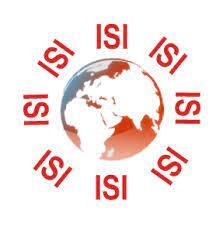Impact of Coffee Processing on Wastewater Quality in Rwanda
DOI:
https://doi.org/10.62103/unilak.eajst.12.12.183Keywords:
Kayumbu Coffee washing station, Rwanda, Wastewater, coffee processingAbstract
Coffee processing wastewater is acidic and rich in total suspended and dissolved solids which are biodegradable but pollute the receiving environment. The objective of this research was to analyze the impact of coffee processing on wastewater quality at Kayumbu coffee washing station located in Kamonyi district, Southern Rwanda from May 2019 to May 2021. The researcher visited the washing station to analyze the coffee washing routine, washing machines’ transport mechanism of wastewater, receiving area of wastewater, and wastewater management measures in place. The authors evaluated the wastewater quality by considering Physico-chemical parameters, namely pH, Chemical Oxygen Demand (COD), Biological Oxygen Demand (BOD), Total Suspended Solids (TSS), and Oil and grease. These parameters were collected from the University of Rwanda, College of Science and Technology. Finally, a comparison of these parameters with the national and international standards was performed. The results show that between May 2019 and May 2021, the concentration of COD and BOD recorded an increasing trend surpassing the prefixed standards but until last year there was a decrease in concentrations. Although some measures are put in place to minimize wastewater pollution, more efforts are in practice to maintain the national and international standards mainly for COD and BOD to minimize the associated risks to the receiving environment. The authors believe that this study will advance the awareness of owners of coffee washing stations in terms of wastewater management and other possessors of coffee washing stations. And permanence evaluation of wastewater from coffee processing is suggested to identify its status and to ensure surrounding environmental components.








